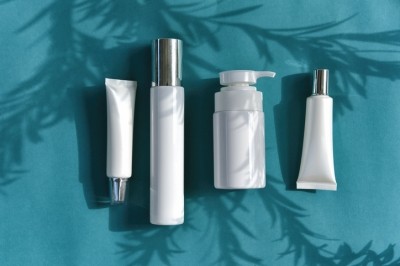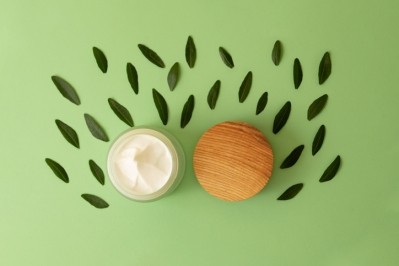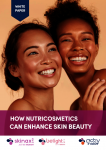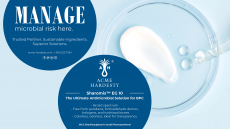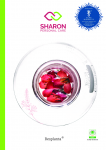Study
Challenges in formulating natural, organic sunscreen products
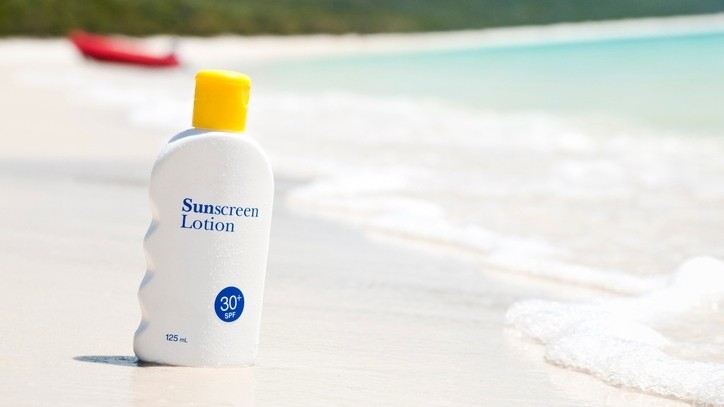
A research team out of Italy and the US, Tortini et al, recently published a narrative review of natural and organic sunscreen formulations in the Cosmetics journal. The paper's goal was to congregate information on natural and organic formulation.
Tortini et al said consumers, particularly those born after 2000, are both interested in sun protection products and the environmental impacts of products.
“The formulation of effective and pleasant sunscreen, having a natural, organic, sustainable connotation, is getting a more and more complex approach for the paucity of suitable ingredients,” Tortini et al said.
Creating natural and organic sunscreens can be challenging with crossing independent standards, lacking government regulation and effectiveness of UV filters.
Natural and organic certifications
Tortini et al said organic cosmetics and personal care products are projected to be a $54.5 billion market globally by 2027.
Because of a lack of international regulation, brands turn to independent certification bodies, like Cosmos, Natrue and International Organization for Standardization, to set natural and organic product criteria.
The private certification bodies and ISO have different approaches to defining natural and organic personal care and cosmetics products. While ISO 16128 is a clear international standard, Tortini et al said cosmetic formulators find it confusing and a “step backward” from existing private standards.
“The general criteria established by private certification bodies do not focus on the products themselves but involve the entire cosmetics sector in a project of sustainable development and social responsibility, having as their object the maintenance of the balance of our planet,” Tortini et al said.
The research team said cosmetics formulators and brands have to balance raw materials, finished products and packaging to achieve natural, sustainable and organic products.
Physical UV filters preferable, not perfect
The most important active in suncare products is the UV filter. Filters can either be organic or inorganic, also known as chemical or physical respectively.
Tortini et al said while organic filters are effective, they also pose a few sustainability issues. Some are believed to degrade and become persistent and toxic in water environments.
Resent research has also found organic UV filters may be irritating for some skin. Tortini et al said considering these issues, along with possible petrochemical origins, inorganic filters are generally considered better for natural suncare products.
The research team also assessed inorganic UV filters zinc oxide and titanium dioxide. Zinc oxide is a less efficient filter than titanium dioxide, but when combined they can be an effective UVA and UVB sunscreen.
Tortini et al added that inorganic filters which include nanoparticles could be more effective, but may also pose a safety risk, as they are insoluble and bio-persistent.
Balancing natural formulation, sunscreen sensorial experience
Consumer interest and media pressure are pushing cosmetic formulators to create more natural and sustainable sunscreens, which Tortini said can often headbutt with needs of human and environmental safety, as well as requirements for making a pleasant and effective product.
One of the biggest challenges may be achieving a high SPF with inorganic filters, which can become thick, tacky and hard to spread.
"It is difficult for the formulator to orient his choice, risking formulas that are overloaded with filters, that are difficult to spread and that do not meet the compliance of consumers," Tortini et al said. "This may lead to the final result of lower use of the sunscreen product."
The need to formulate around these sensorial qualities is important in sustainable sunscreen formulation if inorganic filters are being used. The current perception that organic filters may be toxic make solving this issue in inorganic filters essential, Tortini et al said.
Source: Cosmetics
Author: Guido Tortini
Title: Criticisms in the Development of High-Protection and Broad-Spectrum “Natural/Organic” Certifiable Sunscreen
Cosmetics 2022, 9(3), 56; https://doi.org/10.3390/cosmetics9030056

